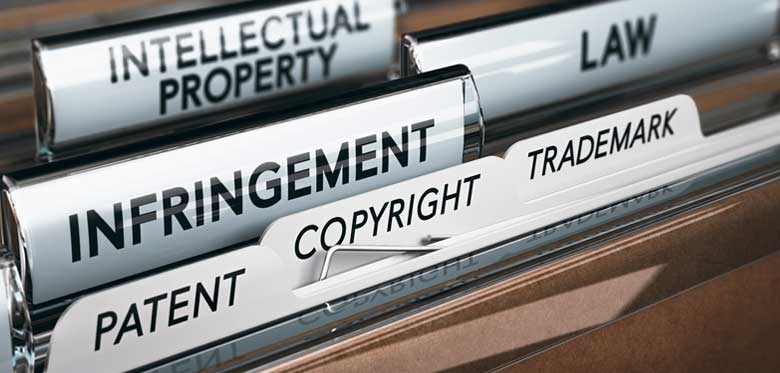Passing off is a civil tort falling within the realms of intellectual property law. Put simply, it is when one party misrepresents that its goods or services are those of another party. Passing off can be deliberate or innocent, however the customer is usually deceived into believing they are purchasing the goods or services of another party, usually a party with a greater market presence.
How does passing off effect my business?
There are several different ways that passing off can harm a business. All businesses usually have an element of “goodwill”; that being the reputation and recognition value of your company. If another company, perhaps with a reputation not as good as your own, is claiming to sell your goods and services then your goodwill may be harmed.
You may also suffer financially. If a company is representing to sell your goods or services, then undoubtedly this will impact the sales of your own goods and services. The perpetrator will in turn, receive the profit you ordinarily would have received.
What do I need to establish to be successful in a passing off claim?
Passing off claims are governed by common law, meaning that there is no specific legislation governing these claims. To establish a claim for passing off, a claimant must prove the following:
1. Goodwill - this is described as “the benefit and advantage of the good name, reputation and connection of a business. It is the attractive force which brings in custom”. Goodwill is an intangible asset and has crucial value to any business.
The claimant must establish that it has goodwill in its name, goods, mark, or other identifying feature through use in its business for the public to associate the use with the claimant’s name, goods, or services. In addition, the claimant must show that the name, goods, or mark distinguishes them or its goods and services from other competitors in its field. This could be through a particular style or shape of packaging, or even colours used.
The infringing act must have taken place within the geographical limits of the claimant’s goodwill. This meaning that the infringer must operate within the same trade market or geographical location as the claimant.
2. Misrepresentation - the claimant must be able to show that there has been misrepresentation by the infringer. In cases where the infringer has explicitly represented that their goods and services are the goods or services of the claimant, this is straight forward. However, difficulty arises where there has not been an explicit representation, but rather the infringer has made use of the same or similar identifiable marks of the claimant.
The misrepresentation must, or be likely to, lead to the deception or confusion of the public in that the public must believe that the goods and services of the infringer belong to the claimant. Mere confusion is not enough to prove misrepresentation.
If the claimant can establish that there has been misrepresentation, then the court will consider the extent of the deception. The courts have been clear that, where it is not evident that “most” people would not be deceived, a claim for passing off can still be established. The court will consider whether it is likely for people to make assumptions as to the origin of the goods and services, which would then cause damage to the goodwill of the claimant.
3. Damage - to establish what damage has been caused or is likely to be caused to the claimant’s goodwill, the court will assess on balance factors such as the claimant’s lost sales, loss in profits, loss of opportunity and other evidence that the claimant’s goodwill has been tarnished.
Whilst reputation of the claimant will play a part in assessing damage, if the court cannot be satisfied that there has been damage to goodwill, then simple damage to reputation will not be sufficient to establish a claim for passing off.
Passing off is a “strict liability” tort, meaning that the intentions of the infringer need not be malicious. Where passing off can be established, and even if the infringer did not intend to infringe the claimant’s rights, a civil offence will have been committed.
What can I do if I believe somebody is passing off my goods or services as their own?
This guide provides an outline as to passing off claims. This area of law is complex. If you think that somebody is passing off your goods or services as their own, our commercial litigation solicitors can advise you in protecting and enforcing your rights.
What if I am the “infringing party”?
There are several defences that can be raised to a passing off claim such as:
- Claimant cannot show sufficient goodwill
- The claimant’s mark is not distinctive
- Misrepresentation cannot be proven
- Insufficient damage caused to the claimant
However, due to the complexities of the law here, defending a claim for passing off can prove to be difficult. The claimant’s available remedies where passing off can be established are fairly vast, and include damages, account of lost profits, and even injunctive relief. It is therefore important that when you are faced with allegations of passing off, advice is sought sooner rather than later.
If you are faced with allegations of passing off, then our commercial litigation can advise you on defending your rights.




Comments